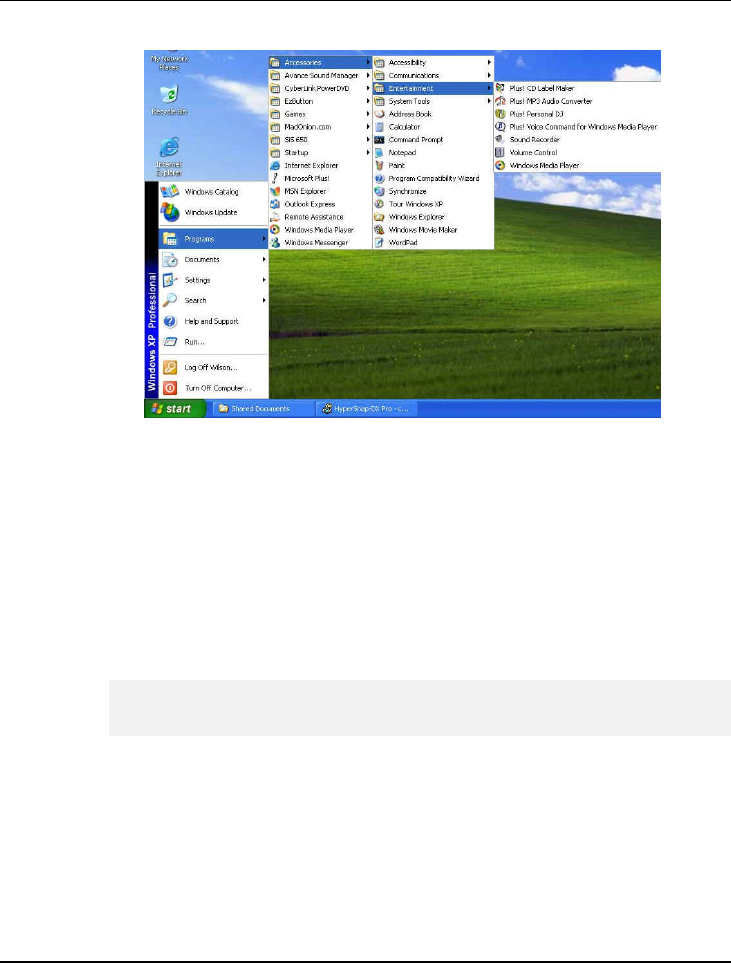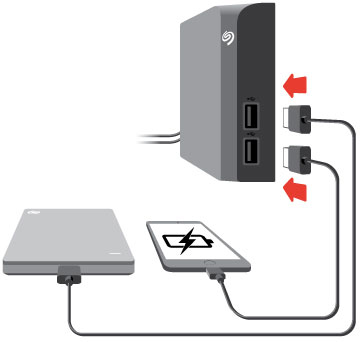This section describes the generic WinUSB driver (Winusb.sys) and its user-mode component (Winusb.dll) provided by Microsoft for all USB devices.
USB™ multi-port adapters with Ethernet connectivity and some Ethernet adapters are not compatible at this time (due to IC design). Click here for more information. The display driver does not support Mac® computers with the M1 processor at this time, contact your computer manufacturer to verify if your computer supports the display driver. Writing Linux USB device drivers is not a difficult task as the usb-skeleton driver shows. This driver, combined with the other current USB drivers, should provide enough examples to help a beginning author create a working driver in a minimal amount of time. The linux-usb-devel mailing list archives also contain a lot of helpful information.
- If the driver is on your system, when any of these devices are connected, Windows will try to install this driver. These devices will not be connected until the driver is removed. This incorrect driver was removed from Windows Update the same day, but it may have been downloaded to your computer.
- Generally USB drivers are supplied as part of the Windows 10 Operating System, sometimes, your PC manufacturer will supply specific USB hub drivers. Open Device Manager (accessible by right clicking your Start Button) At the bottom of the hardware section list is the USB devices section, expand that.
In versions of Windows earlier than Windows XP with Service Pack 2 (SP2), all USB device drivers were required to operate in kernel mode. If you created a USB device for which the operating system did not have a native class driver, you had to write a kernel-mode device driver for your device.
Windows USB (WinUSB) is a generic driver for USB devices that was developed concurrently with the Windows Driver Frameworks (WDF) for Windows XP with SP2. The WinUSB architecture consists of a kernel-mode driver (Winusb.sys) and a user-mode dynamic link library (Winusb.dll) that exposes WinUSB functions. By using these functions, you can manage USB devices with user-mode software.

Winusb.sys is also a key part of the link between a UMDF function driver and the associated device. Winusb.sys is installed in the device's kernel-mode stack as an upper filter driver. An application communicates with the device's UMDF function driver to issue read, write, or device I/O control requests. The driver interacts with the framework, which passes the request to Winusb.sys. Winusb.sys then processes the request and passes it to the protocol drivers and ultimately to the device. Any response returns by the reverse path. Winusb.sys also serves as the device stack's Plug and Play and power owner.
Note WinUSB functions require Windows XP or later. You can use these functions in your C/C++ application to communicate with your USB device. Microsoft does not provide a managed API for WinUSB.
This section describes how to use WinUSB to communicate with your USB devices. The topics in this section provide guidelines about choosing the correct driver for your device, information about installing Winusb.sys as a USB device's function driver, and a detailed walkthrough with code examples that show how applications and USB devices communicate with each other.
This section includes the following topics:
Windows Support for WinUSB
The following table summarizes WinUSB support in different versions of Windows.
| Windows Version | WinUSB support |
|---|---|
| Windows 10 and later | Yes² |
| Windows 7 | Yes¹ |
| Windows Server 2008 | Yes² |
| Windows Vista | Yes² |
| Windows Server 2003 | No |
| Windows XP | Yes³ |
| Windows 2000 | No |
Note Yes¹: All SKUs of this version of Windows support WinUSB on x86-based, x64-based, and Itanium-based systems.
Yes²: All SKUs of this version of Windows support WinUSB on x86-based and x64-based systems.
Yes³: All client SKUs of Windows XP with SP2 service packs support WinUSB. WinUSB is not native to Windows XP; it must be installed with the WinUSB co-installer.
No: WinUSB is not supported in this version of Windows.
USB Features Supported by WinUSB
The following table shows the high-level USB features that are supported by WinUSB in different versions of Windows.
| Feature | Windows 8.1 and later | Windows 7/Vista/XP |
|---|---|---|
| Device I/O control requests | Supported | Supported |
| Isochronous transfers | Supported | Not Supported |
| Bulk, control, and interrupt transfers | Supported | Supported |
| Selective suspend | Supported | Supported |
| Remote wake | Supported | Supported |
Related topics
This tiny driver utility quickly searches your system for connected hardware. It identifies many different connected devices and also includes hardware which has been marked as 'Unknown' in the device manager.
It gives you a little bit more information about a certain device so that you can find the proper drivers required to get it up and going in Windows.

Wison Usb Devices Driver Vga
Unfortunately when we tested an older scanner we thought was heading to the dustbin, it was configured that our old scanner would probably never work any newer version of Windows.
In short, this is a small tool which may help you figure out whether there are drivers available for your potentially outdated device.

Good luck!
Features and highlights
- Identifies USB 1.1/2.0/3.0 devices
- Identifies IEEE 1394 devices
- Identifies ISA Plug&Play devices
- Identifies AGP Bus devices
- Identifies PCI, PCI-E, eSATA devices
- Find drivers for hardware devices
- Contact hardware vendor directly from app
Unknown Device Identifier 9.01 on 32-bit and 64-bit PCs
This download is licensed as freeware for the Windows (32-bit and 64-bit) operating system on a laptop or desktop PC from drivers without restrictions. Unknown Device Identifier 9.01 is available to all software users as a free download for Windows.
Filed under:Wison Usb Devices Driver Adapter
- Unknown Device Identifier Download
- Freeware Drivers
- Driver Identifier Software